Never Too Young for Philanthropy
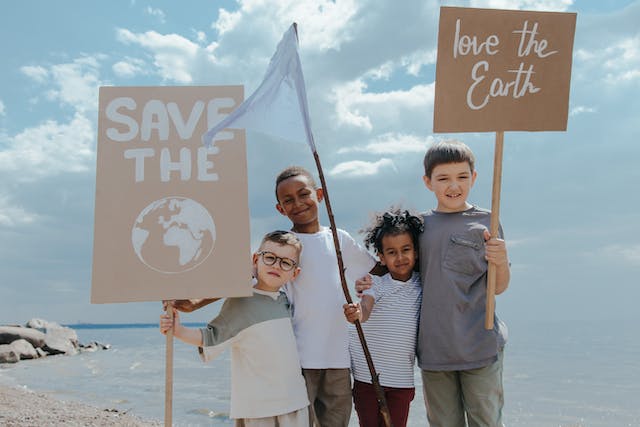
By Karen Deerwester, Ed.S.
Compassion and empathy are powerful feelings at any age. As adults, we have the ability to make a difference in the world by helping others. Imagine the power of teaching children they can make a difference too.
Children notice when they see others sad or hurting. When a young child sees someone distressed, they wonder: “Should I cry too?” “Should I try to comfort him?” “Should I try to make things better?” You are in the wonderful position of turning your child’s heartfelt compassion into positive action.
Take a moment to think about how you can help your child become sensitive to the needs of others. Where does your child’s world intersect with others? Start close to home. What about the neighbor who lives alone or the nursing home you pass on the way to school? Is there a preschool nearby where your child can read to little ones, or a children’s hospital? Your child can donate outgrown toys and clothes, or save money to donate to a special cause. Your child can send messages of love-and-care to families in the Middle East or to families rebuilding after disasters close to home. Children learn so much by thinking about others.
Children learn they are part of a community. Children are born feeling connected to others. Explain to children how people are the same even when they look and act differently. Talk about children around the world or children in your own community who have the same needs for food, shelter and love. Talk about families around the world or in your own community who need help because of war, illness, or poverty. We strengthen a child’s sense of belonging when we take responsibility for helping others.
Children learn they can contribute to the well-being of others. All human beings thrive from a sense of efficacy in the world. Children need us to tell them the power of their actions – a picture they drew made someone smile, a candle they lit brightened a dark place, a donation they made bought food for someone hungry. Every time we show children how they can help others, we bestow our children with a sense of usefulness and self-worth.
Children learn everyone has something to give. It’s easy to feel overwhelmed and inconsequential. But everyone has something valuable to give. It’s important to ask children a variety of open-ended questions when faced with the needs of others: “What do you think they need?” “What would you want if that was you?” “What should we do for them?” Children are incredibly resourceful and insightful.
Children learn to transform an idea into action. Children need adults to gently steer them toward workable solutions. Adults can inform children of existing resources or help children research organizations. Most importantly, children need adults to make “helping others” a child-size project. This is a perfect opportunity to practice realistic goal setting and action plans. Whether you’re two or twenty two, the mission to do what you can is the same.
Children learn a sense of gratitude when helping others. The satisfaction of making a difference! The joy of helping others! Children learn optimism and hope every time they help another person. Once we know that we have something to give, we know unequivocally that we have something for which to be grateful. We are blessed.
It’s never too early to get involved. Help your child understand why help is needed. Show her that her participation matters. Focus on who she is working “for” as well as who she is working “with”. And finally, follow through with what happens afterwards.
You’ll be surprised that the person who gains the most may just be the person doing the giving, not the receiving.
Karen Deerwester is the owner of Family Time Coaching & Consulting, writing and lecturing on parenting and early childhood topics since 1984. Karen is also the Mommy & Me director at The Ruth and Edward Taubman Early Childhood Center at B�nai Torah Congregation in Boca Raton. The content available through the Site is the sole property of Family Time Inc., or its licensors and is protected by copyright, trademark and other intellectual property laws. Except as otherwise explicitly agreed in writing, Family Time Inc.-owned content received through the Site may be downloaded, displayed, reformatted and printed for your personal, non-commercial use only.

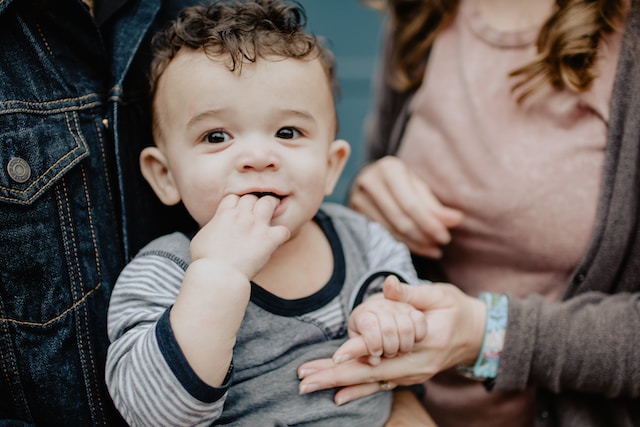
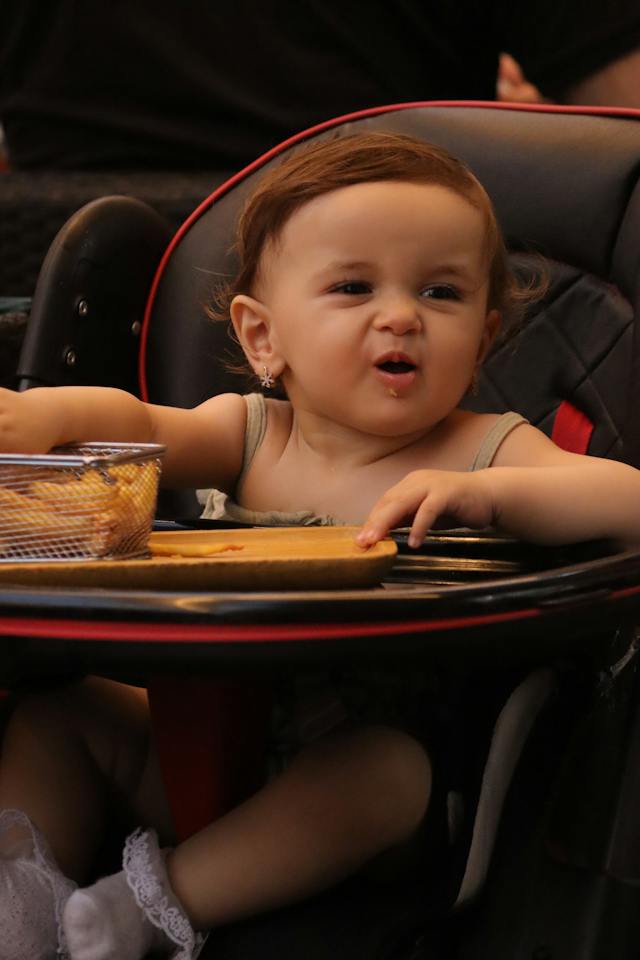
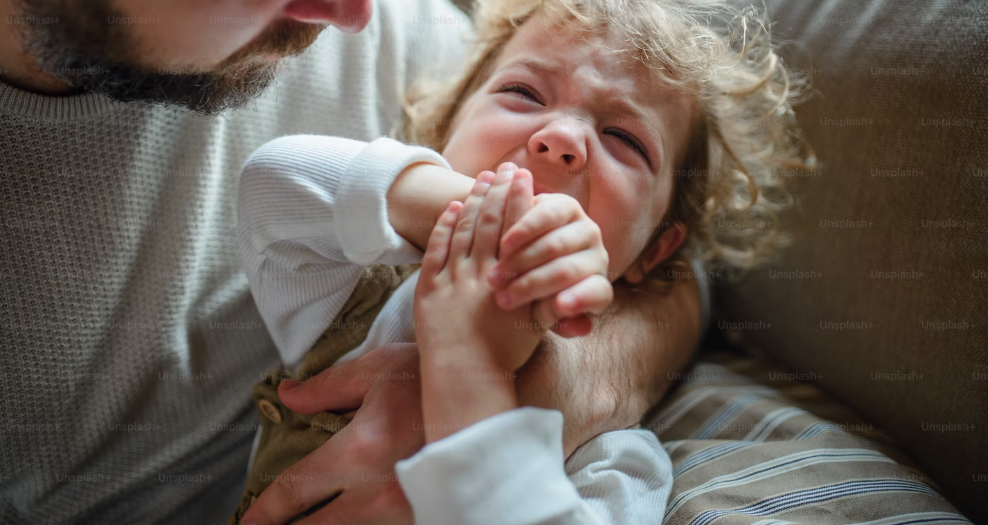
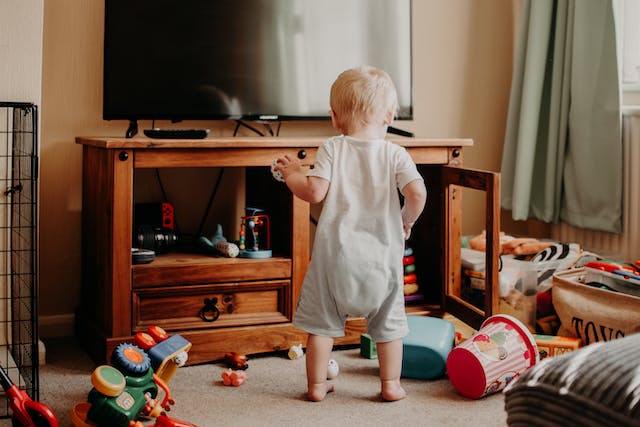
Follow Us
Join the conversion. Make sure to follow us on our social platforms for the latest content and FamilyTime news.